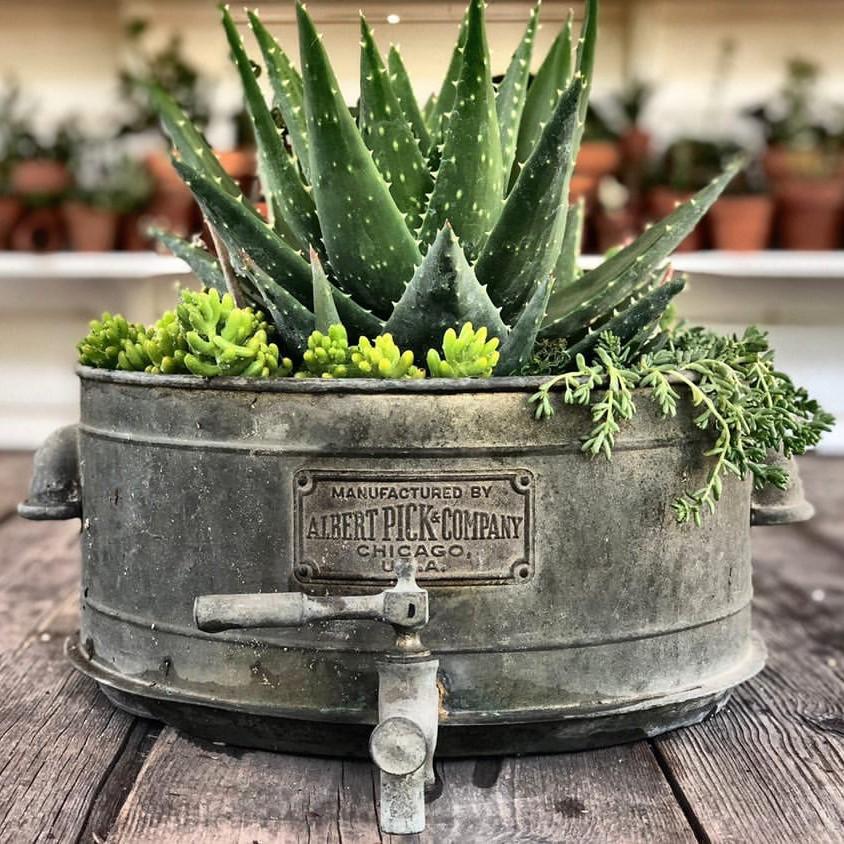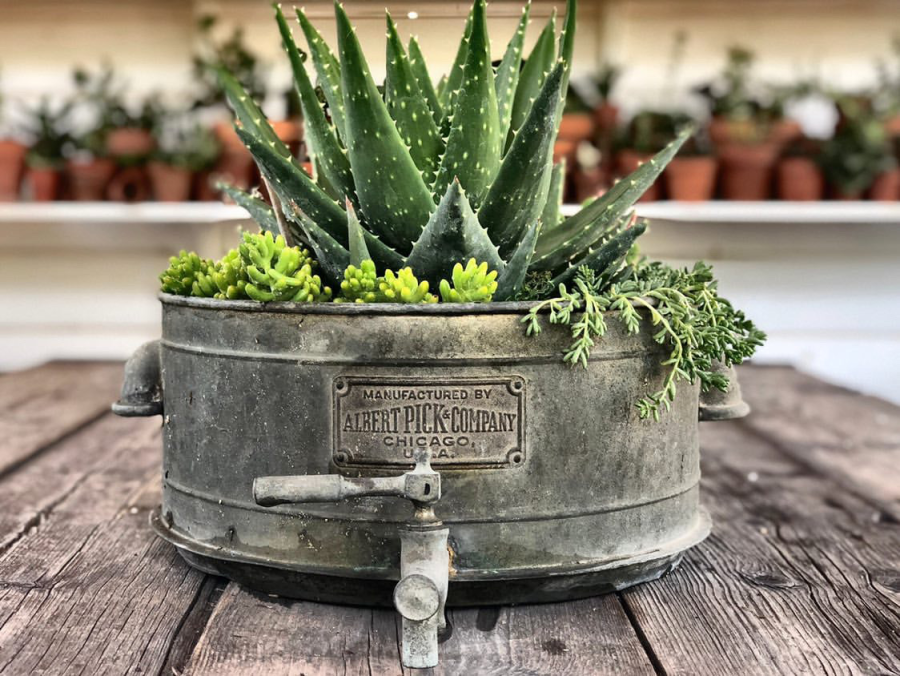Directly from the nursery
Directly from the nursery


In a perfect, Utopian world, succulents would all be grown outside.
That's because in their natural, wild, origin habitats, they are all grown outdoors.
Africa, Mexico, Central America, European Alps, South America and South Africa - all very different climate conditions - are home to many different succulents we carry here in the US.
Aloes came from Africa, America is home to Agave, and South America is home to spikier succulents like Euphorbia and cacti.
But we don’t all live in their ideal habitats - and that’s okay.
Unless you’re doing something super shady - you live in the continental US if you are a customer of ours. :)
Outside of San Diego, CA - which is considered to be the “Succulent Mecca of the World” - you may have to make some adjustments to what your succulent plants are exposed to.
Yes, in theory they are supposed to be outdoors.
But succulents are resilient plants, so they can pretty much survive anywhere with neglect, little access to water, fast draining soil and a solid source of light.
If you live in an area that provides the ideal environment for them to thrive outdoors - that’s great!
Congrats! You can just save yourself 4 minutes and stop reading right now.
If you don’t though, then some modifications and adjustments need to be made by you.
These crazy plants have adjusted to thrive on the steepest slopes, dry weather, little-to-no soil and any other difficult condition you can throw their way.
The sunlight or the cold outdoors can provide a plethora of surprises - like colorful margins, tips or full on foliage color changes.
When succulents are outdoors, it will use weather to dictate and trigger when it goes dormant or active - depending on the plants. Vice versa for when it warms up - that could trigger new babies, color changes or blooms.
Given that all succulents are grown outdoors in their normal native lives and come from some of the harshest environments, it is very possible to grow them indoors with a little knowledge.
You’ll want to be mindful of how much sunlight they want. You’ll also want to know if they prefer direct sunlight or simply some bright indirect sunlight. There’s a difference, and it’s best you give them what they want.
Knowing your plants hardiness zone will tell you about what temperature and climate they prefer. Maybe you’ll find they don’t need to be brought indoors after all.
Soft succulents will prefer temperatures to stay above 40 degrees. Frost hardy succulents want temperatures to stay above -20 degrees. It won’t be hard to provide these temperature thresholds indoors for most of you.
There are some succulent species that naturally just crush indoor living.
These tend to be Haworthia, Aloe, Cacti and Gasteria.
These are an easy plug-indoors-and-play anywhere option that will champion dimly lit, indirect sunlight environments with ease.
You should bring them indoors when the weather outdoors will not provide them with their ideal climate.
If sunlight, temperature, or hardiness zones do not match up with the plants - best to bring these beauties inside.
Planting them in containers that can be easily moved indoors, and giving them an environment that will provide the light and temperature they need would be your best bet.
You would think that all succulents love summer and sunlight, but like grandma always said, too much of anything is bad for you.
Afternoon sunlight can sunburn you plants, leaving them with white or dark brown scorch marks.
If temperatures get above 90 degrees, you may want to move your plants to a shady spot all day.
If temperatures get above 110 degree for weeks at a time, you may want to bring them inside.
There are many reasons why you’d want to do this.
Here are my top three: